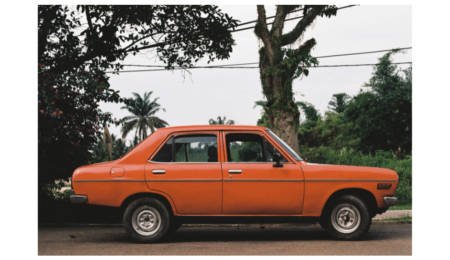Factors Influencing the Value of Secondhand Cars in Australia
The value of secondhand cars in Australia is influenced by various factors. When assessing the value of a used car, consider the following key factors:
Age and Mileage: The age of the vehicle and the number of kilometers/miles it has been driven are crucial factors in determining its value. Generally, newer cars with lower mileage are valued higher as they are perceived to have more life and reliability left.
Condition: The overall condition of the car plays a significant role in its value. Cars that are well-maintained, free from significant damage or wear, and have a clean service history tend to have higher value. This includes factors such as the interior and exterior condition, mechanical soundness, and the presence of any noticeable defects or repairs.
Make, Model, and Popularity: Certain makes and models have higher demand and desirability, leading to increased value in the secondhand car market. Popular brands and models with good reputations for reliability, performance, and resale value tend to command higher prices.
Features and Upgrades: Additional features and upgrades can positively impact a used car’s value. Features such as advanced safety systems, infotainment systems, premium audio, leather seats, and alloy wheels can make a vehicle more appealing to buyers, resulting in a higher value.
Service and Maintenance History: A documented and well-maintained service history, including regular servicing, can enhance a car’s value. Buyers value cars that have been cared for properly and have a record of timely maintenance and repairs.

Market Demand and Supply: The overall supply and demand dynamics in the used car market can influence prices. Factors such as consumer preferences, current economic conditions, and market trends can affect the demand for certain types of vehicles and subsequently impact their value.
Fuel Efficiency and Emissions: With increasing environmental concerns, fuel efficiency and emissions performance have gained importance in determining a vehicle’s value. Cars with better fuel economy and lower emissions tend to have higher value due to reduced running costs and environmental impact.
Regional Factors: The location or region where the car is being sold can also affect its value. Factors such as local market conditions, regional preferences, and availability of similar models can influence pricing variations.
Economic Factors: General economic conditions, including inflation, interest rates, and consumer confidence, can impact used car values. During periods of economic downturns, prices may be more competitive, whereas during periods of economic growth, prices may be relatively higher.
Seasonality: Seasonal factors, such as demand for certain types of vehicles during specific times of the year (e.g., convertibles in summer), can influence pricing variations.
It’s important to note that these factors are not independent and often interact with each other. The value of a used car is ultimately determined by the buyer’s perception of its overall worth based on these factors. For more check out our car sales marketplace






Leave a Reply